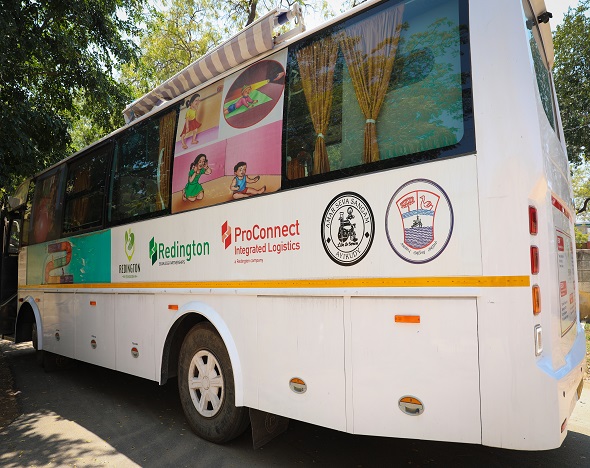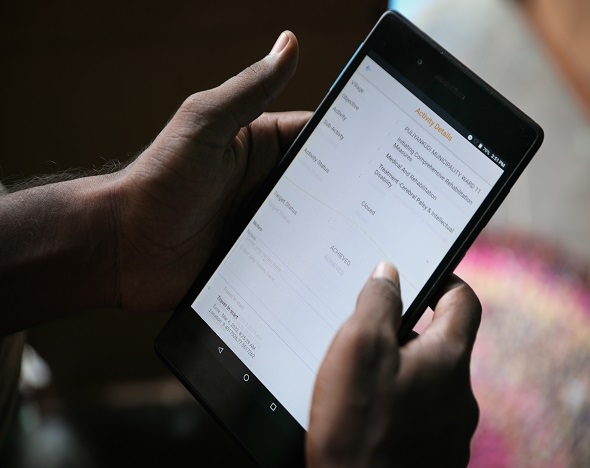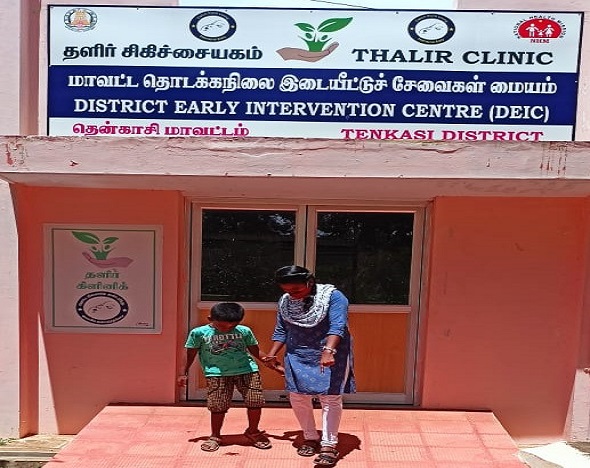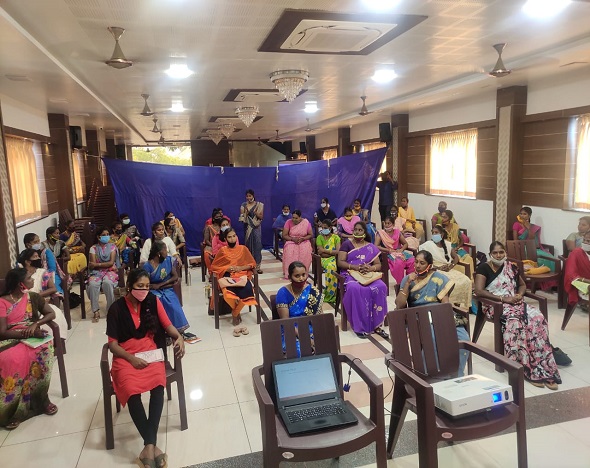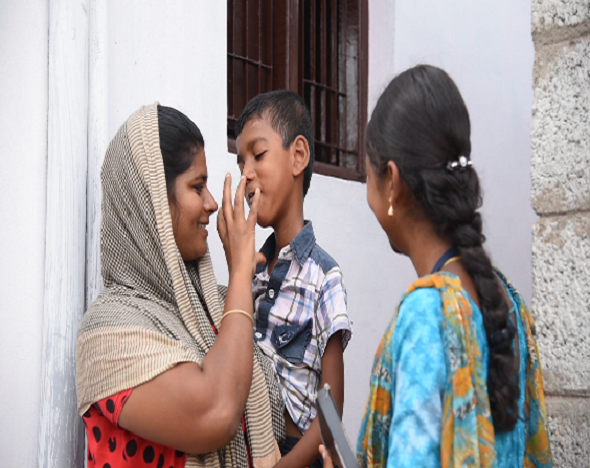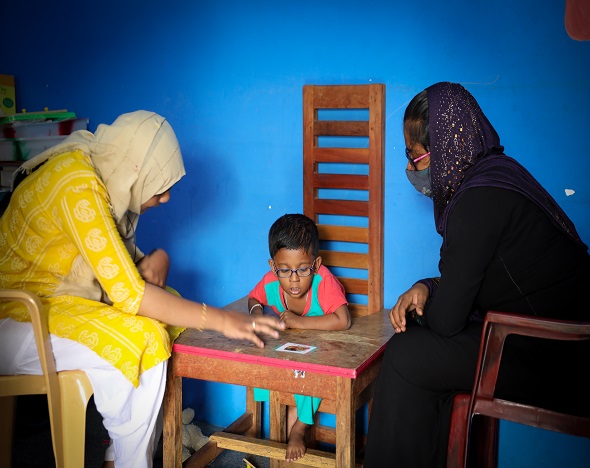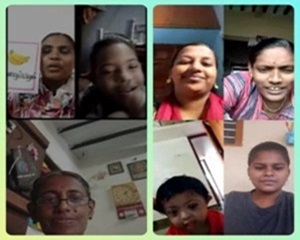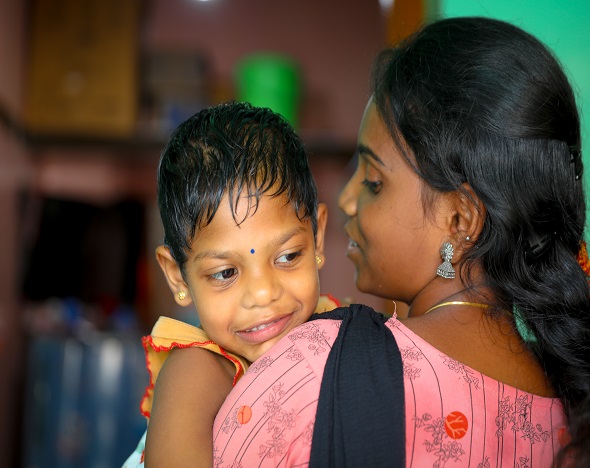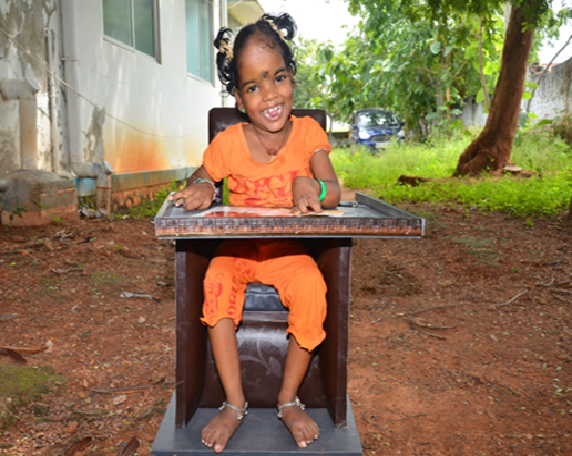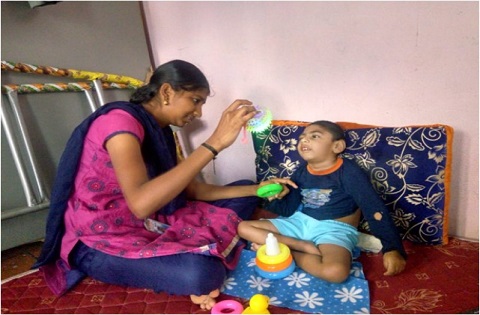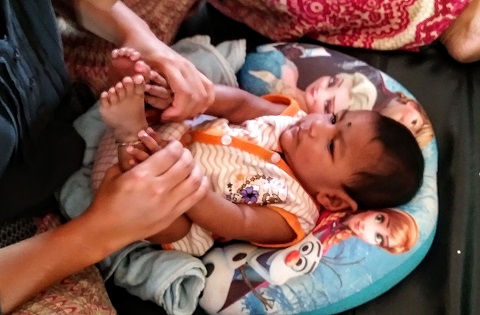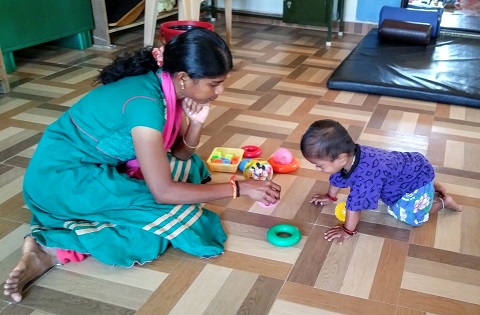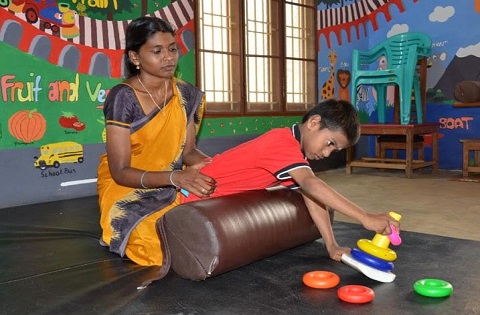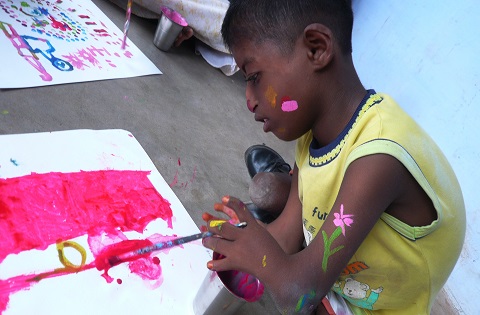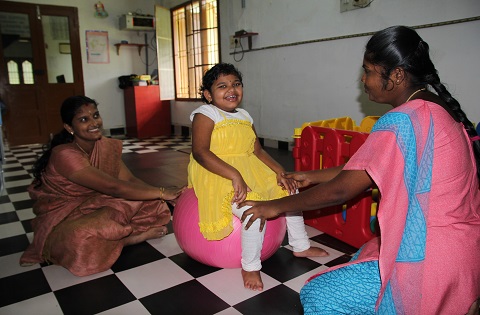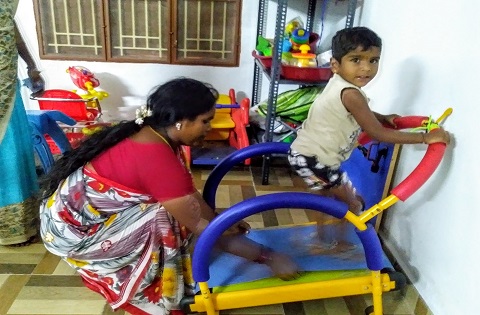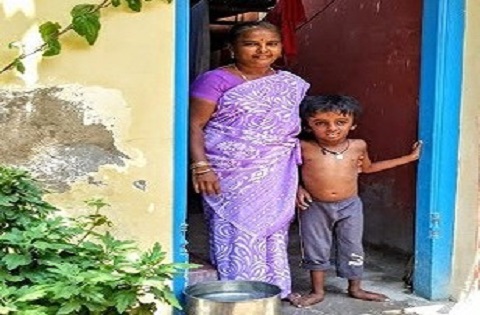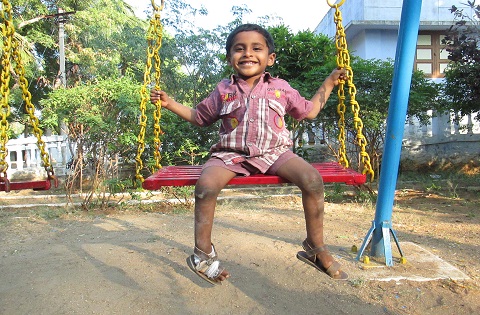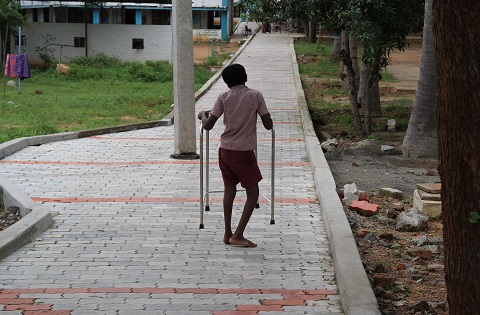Centre of Excellence
Amar Seva’s Centre of Excellence (CoE) for Rehabilitation and Development for Children with Disabilities has been established to scale the impact of Amar Seva’s innovations through partnerships to provide and support child development and rehab solutions to thousands of children, families and communities globally. The main divisions of the CoE are technology, capacity building, research, partnership development and support services.
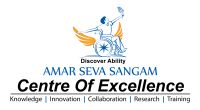
Technology
- Enabling Inclusion® app development, deployment to new partners, maintenance, upgrades and customization
- Technology knowledge partnership and consultation
- Co-creation of new tech based solutions for early intervention and child rehab
Training and Capacity Building
- NGOs, governments, rehab service providers and parents
- Training in Enabling Inclusion® model and app
- General capacity building of organizations and service providers globally
Support for Partners
- Technology Support
- Rehab Support
- Monitoring, Evaluation & Learning and Research support
Partnership Development
- Awareness building, promotion, marketing, govt lobbying
Innovation
- New innovations including assistive technology provision, awareness programs, parent empowerment groups, parent whats app groups, etc.
Research
- Collaborative research, studying innovative approaches
- Knowledge dissemination through publications, presentations and stakeholder debriefing
WHAT, HOW, WHERE, WHY
— What we do:
— How we do:
We support NGOs, Governments and Rehab Service Providers By
- Licensing the Enabling Inclusion app and providing support services.
- Co-creating new high impact child and youth rehab programs
- Enhancing, suppoting and scaling existing programs
- Customizing and co-creating new technology and rehab systems solutions for organizations
- Providing organizations with a system of monitoring, evaluation and learning that will lead to improved program impact.
- Sharing our knowledge and experience
We support children, families and communities
— Where we do:
In 2014, we started with in one district in Tamil Nadu (Tenkasi District) and reached 351 children and their families with our solution.
We now work via direct implementation and through partnerships in 10 states across India and 1 state in Ethiopia, with more than 30 partner organizations, working in over 60 districts, reaching nearly 15,000 children.

— Why we do:
According to UNICEF’s Child Disability Report (2021), there are nearly 240 million children with disabilities in the world. Based on the official census data, there are 7.8 million children with disabilities in India, constituting 1.7% of the child population (Ministry of Statistics and Program Implementation, 2016). Other studies estimate that nearly 10% of children in India have some form of developmental, physical or learning delay, making the true burden of childhood disability much higher.
According to the World Health Organization’s Early Childhood Development and Disability discussion paper, “If children with developmental delays or disabilities and their families are not provided with timely and appropriate early intervention, child rehab, support and protection, their difficulties can become more severe—often leading to lifetime consequences, increased poverty, and profound exclusion” (WHO, 2012).
According to UNESCO (2020), 90% of children in India and other LMICs don’t have access to proper child rehab and development services.
Through the services of the Centre of Excellence:
- Organizations have been able to launch brand new child and youth rehab programs with our support for raising funds, writing grants, program design, human resource recruitment, program implementation and monitoring.
- Organizations have been able to customize the Enabling Inclusion software solution to meet their contextual needs.
- Organizations have significantly improved the outputs, outcome and impact of their work
- Organizations have been able to monitor and evaluate their work, leading to learnings and rapid cycle action
- Collaborative research has led to publications and disseminations improving services to children with disabilities.
- Parents/ caregivers and community at large have been empowered.
- Children and youth with disabilities and special needs have improved their development and have been able to reach their potential.

